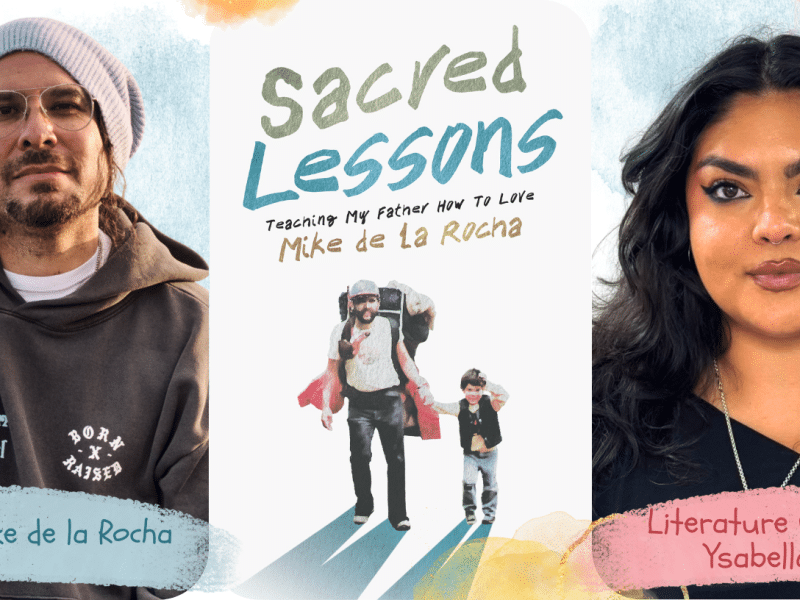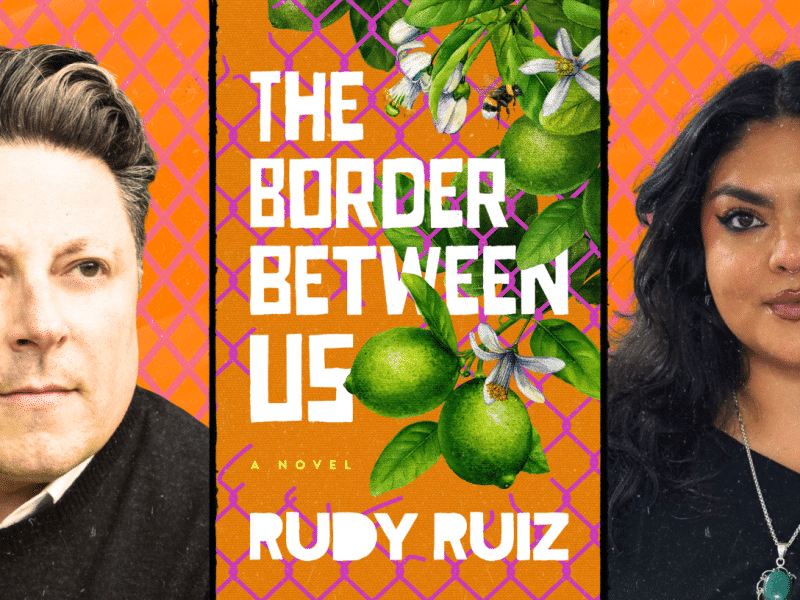Artist and Activist Paola Mendoza on How We Can All be Freedom Fighters
Ana Sheila chats with film director, activist, and author Paola Mendoza, about her new book Sanctuary, co-authored with Abby Sher.

On this episode of Tamarindo, Brenda and Ana Sheila catch up on the Presidential Debate, Trump’s virus diagnosis, and discuss words they are retiring.
Next, Ana Sheila chats with film director, activist, and author Paola Mendoza, about her new book Sanctuary, co-authored with Abby Sher. Sanctuary tells the story of a young girl in a near dystopian future who is forced to flee to a xenophobic government to find sanctuary. Drawing parallels to our current political climate, the book is harrowing, but also hopeful in showing that we all have the power to effect change. As co-founder of the Women’s March, Paola tells us her family’s inspirational story of resilience which shapes her activism. Paola wants to leave readers with the sense that we can all be freedom fighters. This is especially inspirational when so many may feel discouraged. This episode will remind you that your actions can influence the outcome of this election and that we, especially Black and Brown folks, have the power to change what this country looks like and who it serves.
Speaking of getting involved, check out Seed the Vote who is organizing weekly phone banking in battleground states: https://www.mobilize.us/seedthevote/
As Latinx Heritage Month comes to a close, please keep supporting Latinx authors, creators, and platforms. Buy Paola’s book at https://www.indiebound.org/ to support an independent bookstore.
We reference this article regarding the word “should”: https://jezebel.com/google-exec-women-stop-saying-just-so-much-you-sound-1715228159
Tamarindo podcast, part of Luz Collective, is the Latinx show where hosts discuss politics, pop culture, and how to balance it all con calma, hosted by Brenda González and Ana Sheila Victorino, and edited by Michelle Andrade.



